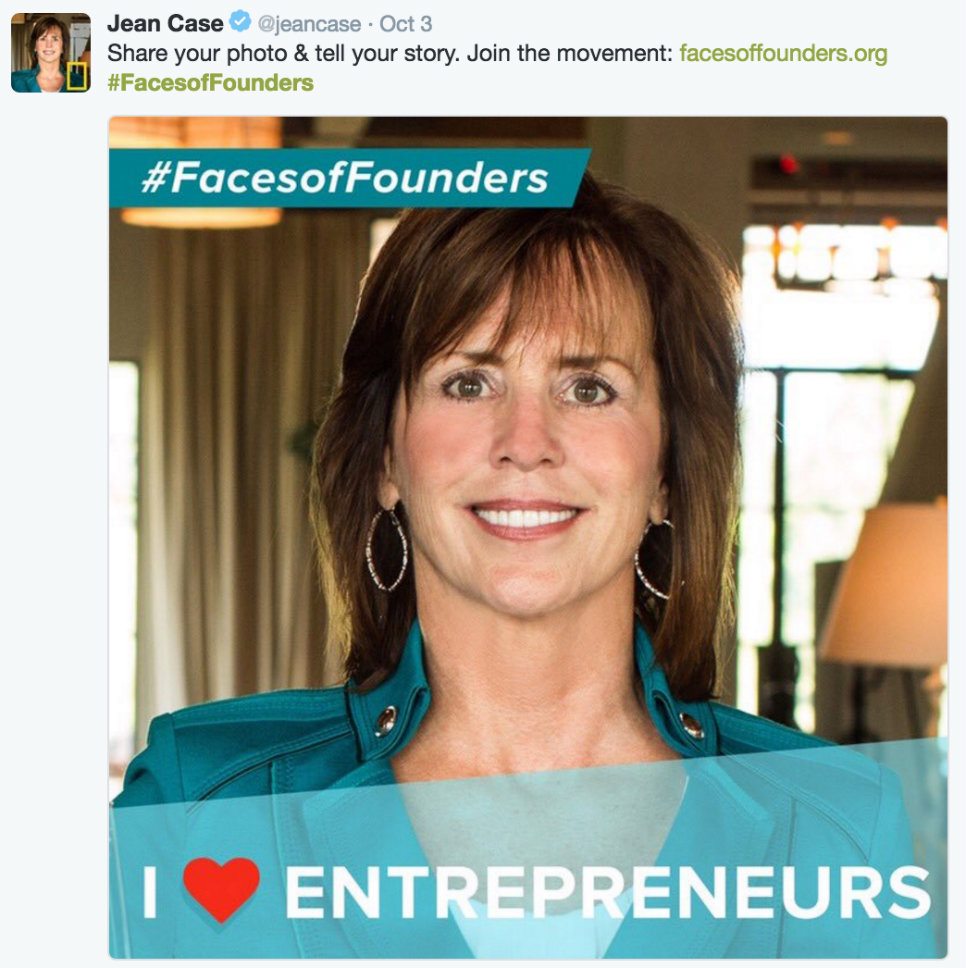This Spotlight is a part of a special blog series curated by the Case Foundation featuring Be Fearless stories from the field. Follow along with us as we meet people and learn about organizations that are taking risks, being bold and failing forward in their efforts to create transformative change in the social sector. This Spotlight is authored by Jay Newton-Small (@JNSmall), Cofounder of MemoryWell, TIME magazine contributor and author of Broad Influence.
A few years ago, I put my father into a home for those living with Alzheimer’s and dementia. It was the hardest decision of my life, but he was a wanderer and I couldn’t care for him on my own following the death of my mother. I didn’t know it at the time, but that decision would be the start of a long journey that would change both of our lives.
The home asked me to fill out a 20-page questionnaire about his life. This made no sense to me: who would remember 20 pages of hand-written data points for the 150+ residents there? Instead, I offered to write down his story. I’m a journalist after all, story telling comes naturally to me. They loved the story I wrote, it transformed his care; MemoryWell was born.
Over the next 2.5 years, I worked with a partner, Ilan Brat formerly of the Wall Street Journal, to write more life stories of people like my dad. We knew that this tool could help change the lives of the more than 44 million around the world currently living with Alzheimer’s or a related dementia and the many who care for them. And so, we developed a website called MemoryWell to host the stories and allow family members to add their loved ones’ favorite photos, videos and music—so that when caregivers or family members sit with them they have a whole toolbox of things with which to engage them.
My firsthand experience with my father and Alzheimer’s helped me to identify a critical solution and develop MemoryWell in response. The leap from daughter to entrepreneur was a big one, but a necessary one as I realized what this tool could do for families like mine.
We got our first clients earlier this year and, less than two months later, I let urgency conquer fear and left TIME Magazine to work on MemoryWell full time. Our CTO Andrew Fribush joined our team this fall and we got accepted into Halcyon incubator in Washington, DC, in November.
While all this sounds easy: let me assure you it was not! We are journalists, not entrepreneurs. In our newsrooms, taking a stand is always discouraged: we are impartial observers of the events around us. Most journalists are given assignments instead of making them. We are naturally skeptical of salesmanship and marketing/PR puffery; we work well with structure and want steady jobs (although the upheaval in the industry is changing that). But, in short, journalism isn’t an industry predisposed to innovation and that’s why you see so few journalism startups. But as I saw the impact that storytelling could have in the lives of Alzheimer’s and dementia patients, I knew that I had to take a risk in the face of these obstacles.
Certainly, our road hasn’t always been smooth and surely there will be many more bumps ahead. However, we have learned from every experience and failed forward to get to where we are today. We lost our first pitch contest to NewU, a group that gives grants to minority journalists, in September 2014, and then we lost three more Aging 2.0 pitch contests after than until Ilan finally won the Chicago Aging 2.0 contest in 2016—and still we didn’t make it to the national convention. The White House Summit on Aging loved our idea and approached us to participate in their 2015 summit only to cut us weeks later because we were too unproven. We’ve been blown off by investors and our bosses took extremely dim views of our extracurricular activities.
I’m taking a huge risk and it may well fail—indeed more startups do than succeed. But we feel passionately that stories can be used not just to inform the masses in a newspaper or magazine, but to affect change on a personal level, to build community where none exists. So instead of writing about the president-elect, I might be writing about your grandma, or your friend’s grandma, and nothing would make me happier.
Feeling inspired? If you’re ready to begin your own Be Fearless journey start by downloading the Case Foundation’s free Be Fearless Action Guide and Case Studies.












